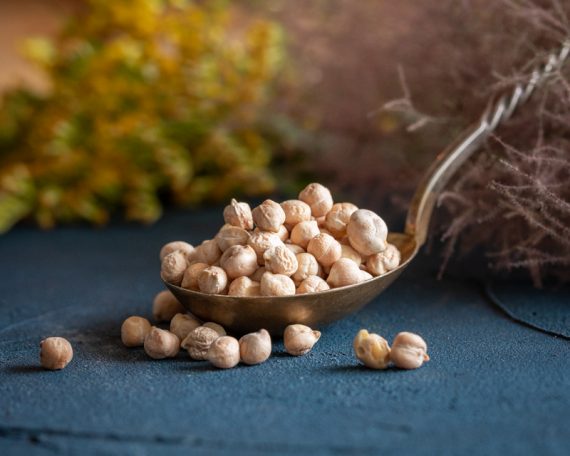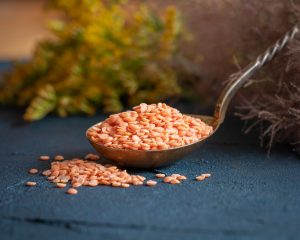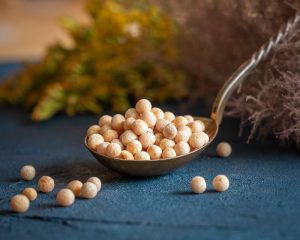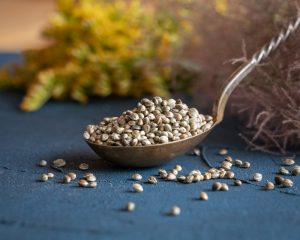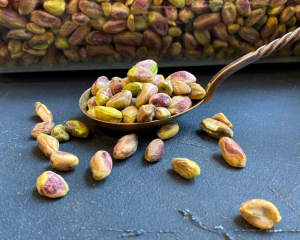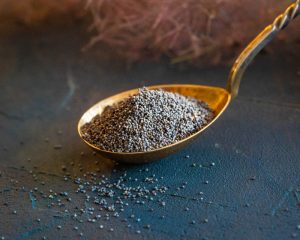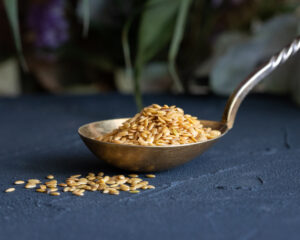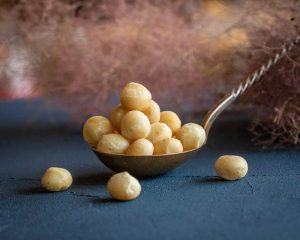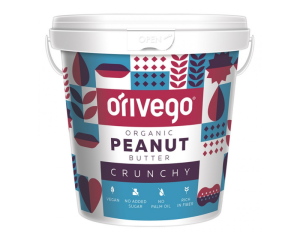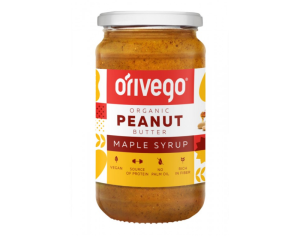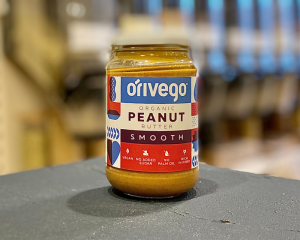Organic Turkish peas
From 0.80€
Turkish peas, also known as garbanzo beans, are round legume varieties known for their amazing balance of protein, fibre, vitamins and minerals.
One cup of cooked Turkish peas contains an impressive amount of plant-based protein, making them a staple in vegetarian and vegan diets.
The high fibre content improves digestion, regulates blood sugar levels and helps control weight by promoting satiety.
Rich in heart-healthy nutrients such as folic acid, potassium and magnesium, which reduce the risk of cardiovascular disease.
They also contain antioxidants that help fight oxidative stress in the body.
Because of their low glycaemic index, they help maintain stable blood sugar levels, making them an excellent choice for diabetics.
Use
The culinary diversity of Turkish peas is endless. They are used as one of the main ingredients in the cooking of different cultures. From creamy hummus to rich Indian curries like chana masala, Turkish peas are the stars of traditional and modern cuisine. They add a satisfying flavour and crunch to salads, as well as protein, making them a popular choice for those interested in wellness.
Roasted Turkish peas have become popular as a nutritious snack with a pleasant crunch and bursts of flavour.
Turkish pea flour, also known as gram flour, has become a popular choice for gluten-free bakery products and is used to make savoury pancakes and cakes.
Spices such as turmeric, ginger, cumin, caraway, fennel, coriander and others are used in the preparation of pulses to aid digestion and give them a more palatable taste.
It should be noted that some people may experience bloating when eating Turkish peas.
Wash before cooking, soak for about 12 hours, rinse again and cook for 40-50 minutes. Cooked Turkish peas have a nutty taste.
NOTES. The information provided here should not be regarded as medical advice or any other form of health advice. We encourage you to make personal health decisions based on your personal experience and taking into account different sources of information.
Organic Turkish peas 100%
Energy value 1524 kJ/364 kcal
Fat 6 g
- of which saturates 0,6 g
Carbohydrate, excluding fibre 60 g
- of which sugars 10,7 g
Fibre 17,4 g
Protein 19,3 g
Salt 0,06 mg
Store in a cool, dry place.


